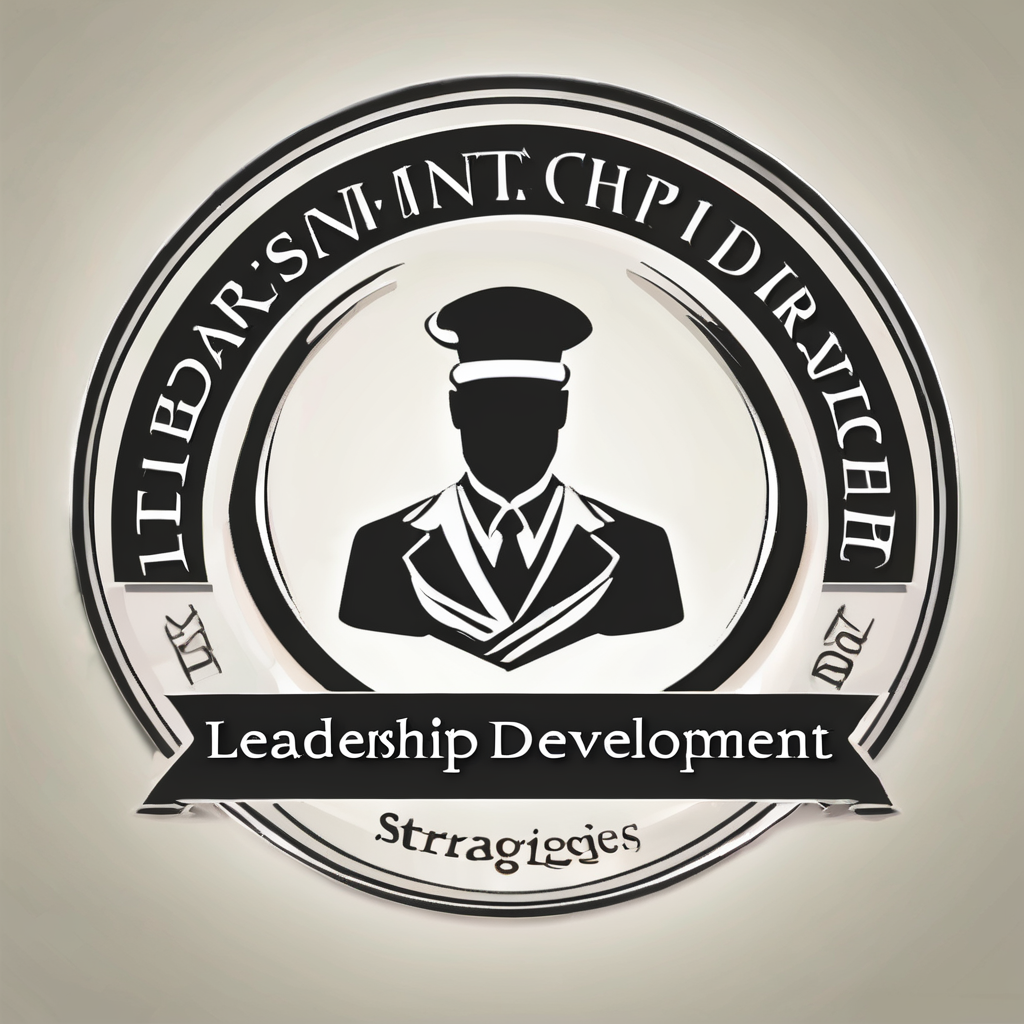Importance of Supply Chain Traceability in the Food Industry
Supply chain traceability is a critical component in guaranteeing food safety and securing consumer trust. It involves tracking a product’s journey from farm to table, thereby ensuring transparency and accountability at every stage. Traceability is essential for identifying contamination sources quickly, thereby mitigating health risks and preventing widespread outbreaks. Consumers are becoming increasingly aware of the importance of transparency in the food supply chain, directly influencing their purchasing decisions. When brands demonstrate robust traceability, they effectively bolster consumer trust, leading to enhanced brand loyalty.
In the UK, regulatory requirements increasingly mandate thorough supply chain transparency. Adhering to these regulations is vital not only for legal compliance but also for maintaining a brand’s reputation. Regulations often require companies to use technology and systems that provide detailed information about each stage of the supply chain. This ensures that if a safety issue arises, it can be swiftly traced and addressed.
Also read : Essential Digital Wallet Strategies for UK Retailers: Unlocking Success in the E-commerce Era
Therefore, prioritizing traceability importance strengthens consumer trust and satisfies compliance demands. A well-implemented traceability system safeguards public health and augments a company’s competitiveness in the market. By adopting stringent traceability measures, businesses can navigate challenges and inspire confidence among their consumer base.
Essential Strategies for Enhancing Traceability
Enhancing traceability is crucial for UK food producers aiming to meet consumer demands for transparency and safety.
In the same genre : Unlocking Innovation: Essential AI Strategies for UK Restaurants to Enhance Menu Optimization
Implementing Robust Tracking Technologies
Utilizing advanced technologies such as RFID and blockchain can significantly improve traceability strategies. RFID technology allows for real-time tracking of products, ensuring that every movement within the supply chain is recorded accurately. Blockchain, on the other hand, provides a secure and immutable ledger of transactions that enhances data integrity and trust. By incorporating these technologies, UK food producers can streamline their traceability efforts, reducing errors and boosting efficiency.
Establishing Standardized Processes
Standardization plays a pivotal role in traceability. By implementing standardized processes for data collection and handling, producers can ensure consistency and accuracy throughout the supply chain. This includes setting uniform guidelines for recording product information, which aids in quick and reliable data sharing. Such best practices foster interoperability among systems, simplifying the traceability process.
Engaging with Stakeholders
Effective traceability strategies also require collaboration among farmers, suppliers, and retailers. By engaging with these stakeholders, UK food producers can optimize information flow and identify potential traceability improvements. Encouraging stakeholder participation and communication helps in aligning objectives, sharing resources, and overcoming implementation challenges. Successful collaboration will lead to a more transparent and traceable supply chain.
Regulatory Landscape and Compliance Requirements
In the United Kingdom, food regulations play a crucial role in ensuring consumer safety and market integrity. Stakeholders must adhere to stringent compliance requirements encompassing food traceability laws. These regulations are designed to track and manage food supply chains, ensuring every product can be traced back to its origin. Compliance ensures that businesses maintain their market access and uphold public health standards.
The importance of compliance with these regulations cannot be understated. Failure to adhere can lead to severe penalties, including fines and loss of market access, which impacts competitiveness and reputation. For industry stakeholders, understanding these laws is integral to operating both legally and ethically within the marketplace.
Navigating the regulatory landscape requires a proactive approach. Businesses should:
- Stay informed about updates to food regulations.
- Implement robust systems for data management to ensure traceability.
- Regularly train staff on compliance requirements.
By integrating these practices, stakeholders can effectively meet compliance demands and ensure smooth operations. Emphasising traceability not only aids in adhering to laws but reinforces consumer trust, promoting a stronger market presence.
Addressing Challenges in Supply Chain Transparency
Supply chain transparency is crucial for mitigating traceability challenges. Common obstacles include discrepancies in data integrity, which often stem from incomplete digitization processes. Such supply chain issues hinder the accurate tracking of products, potentially leading to non-compliance and inefficient operations.
To navigate these challenges, it is essential to implement robust data governance frameworks. These frameworks help ensure that data is consistently validated, thus overcoming transparency obstacles related to inaccuracies. Regular audits and a standardized approach to data collection are also critical to maintaining accuracy across the supply chain.
Employee training plays a vital role in addressing these transparency challenges. By increasing awareness and competence, employees become adept at identifying and correcting errors, thus contributing to a smoother flow of information. Training programs should emphasize the importance of data accuracy and integrity, fostering a culture of diligence and responsibility amongst staff.
Understanding and improving on these aspects can greatly enhance transparency in supply chains. Food producers, in particular, benefit from clear traceability, ensuring that they meet regulatory standards while also gaining consumer trust. Investing in these areas ensures a more resilient and transparent supply chain.
Benefits of Transparent Supply Chain Practices
Transparent supply chain practices have numerous advantages for businesses and consumers alike. By adopting traceability, companies can build significant consumer trust. When customers are assured of the origins and processing of a product, it fosters confidence, encouraging customer loyalty and long-term relationships.
Additionally, transparency frequently leads to enhanced operational efficiency. By having clear visibility into the supply chain, potential bottlenecks can be identified quickly, thus reducing delays and costs. This efficient management of resources not only aids in timely delivery but also optimizes production processes.
Consider the example of a global food retailer that implemented comprehensive traceability initiatives. By doing so, they could swiftly track and address any issues related to product recalls, greatly reducing the potential negative impact. This move not only safeguarded their brand reputation but also highlighted the efficiencies achieved through transparency.
To summarise, the benefits of traceability are manifold — from solidifying consumer trust to streamlining operations. Companies that embrace transparency can expect both immediate and long-term rewards. With the growing emphasis on ethical consumption and accountability, transparency remains a cornerstone for any successful modern business strategy.
Resources for Further Learning
Expanding your knowledge in food traceability and supply chain management is essential for both personal development and professional growth. Numerous educational resources are available to assist you in becoming well-versed in these industries.
Recommended Industry Publications
For those keen on keeping abreast of the latest innovations and insights, subscribing to industry-specific publications is crucial. These publications regularly cover detailed industry insights and case studies that highlight effective traceability practices, which can be invaluable for anyone looking to deepen their understanding of supply chain dynamics. It’s beneficial to explore journals or magazines that specialise in agricultural technologies and logistics.
Conferences and Workshops
Attending conferences and workshops is a fantastic way to network and exchange knowledge. These gatherings offer a platform for discussing recent advancements in traceability tools and solutions. Engaging with industry leaders at these events encourages an appreciation of groundbreaking techniques, providing a real-world perspective that is both practical and current.
Online Learning Platforms
Lastly, numerous online learning platforms offer comprehensive courses focused on traceability technology and practices. Websites like Coursera and edX provide modules from various universities that teach effective implementation of these systems. By enrolling in these courses, learners can gain hands-on experience and theoretical knowledge, setting the stage for successful application in the field.




